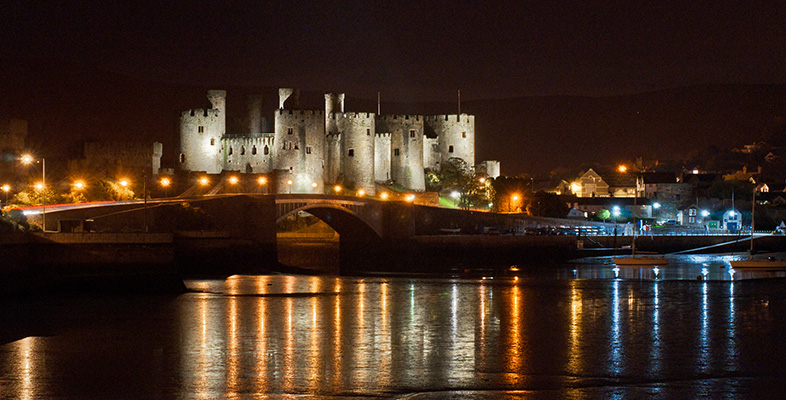8.1.1 Political representation in pre-devolution Wales
Historical overviews of political representation in Wales often make reference to an entry in the index of an early edition of the Encyclopaedia Britannica, where it was stated ‘for Wales, see England’. That Wales was referred to in such terms reflected the country’s thorough incorporation into the institutional, legal and administrative apparatus of the English state through legislation in 1536 and 1543 (the Acts of Union). The Wales and Berwick Act of 1546 stated that ‘in all cases where the Kingdom of England, or that part of Great Britain called England, hath been or shall be mentioned in any Act of Parliament, the same has been and shall henceforth be deemed and taken to comprehend and include the Dominion of Wales’ (Bogdanor, 1999, p. 144). This Act remained in force until 1967.
In practice, however, Welsh interests have not been as completely subsumed under ‘England’ as is sometimes asserted. Of course, Wales has always sent representatives to sit in the House of Commons. But in addition to this, since the beginnings of the twentieth century successive governments in Westminster have recognised the necessity of treating Wales differently in certain policy areas. Areas including education, the Welsh language and agriculture, several Wales-specific bodies were established to tailor policies to specific Welsh needs, and to oversee their implementation in Wales. This amounted to a process of administrative devolution. By the 1950s no fewer than seventeen government departments had established administrative units in Wales. Henry Brooke was appointed the first Minister for Welsh Affairs in 1957, and a Welsh Office (headed by a Secretary of State for Wales) was established in 1964 in order to ‘express the voice of Wales’ in central government policy making (Bogdanor, 1999, p. 160).
However, administrative devolution did not satisfy everyone. Since the late nineteenth century, certain groups and political parties have argued that this form of political representation is inadequate and insufficient. Let’s look in more details at some of these concerns with the quality of political representation in Wales.
